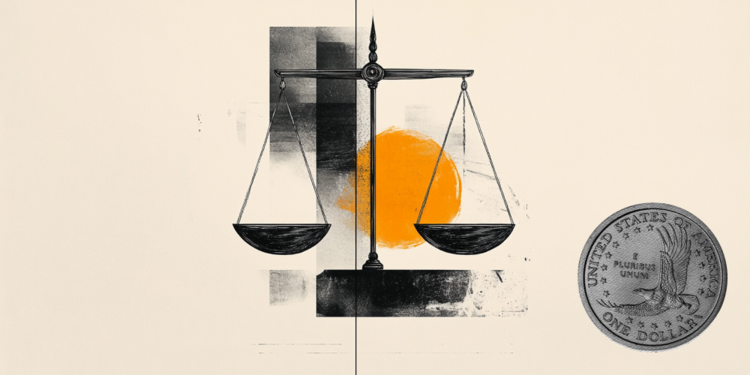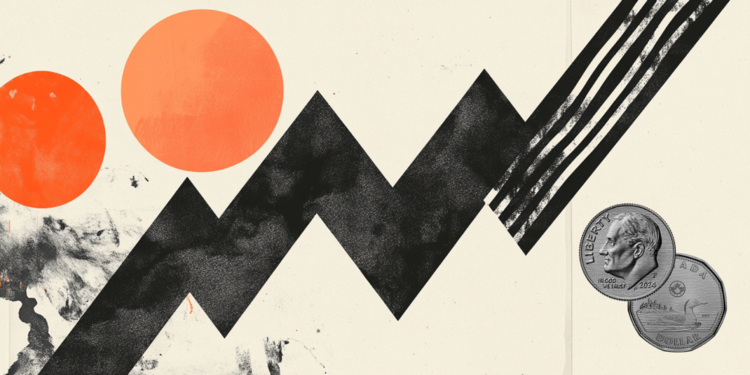If part of the Spanish textile sector is weathering this pandemic without reaching ruin, it is because they had a strong online channel that has allowed them to save furniture. Inditex, which presents its annual results tomorrow, will end 2020 with benefits, but with a cut in it of 60%, according to analysts’ forecasts, while the Catalan chain Mango, which presented its accounts yesterday, has seen its billing drop by 22% and another has entered time in losses.
This is the impact on the large chains with muscle, but it is the end for thousands of independent businesses that are on the verge of bankruptcy, according to Acotex, the sector’s employer’s association. Sales of the textile trade plummeted 41% in February (after a similar drop in all of 2020) due to trade restrictions, according to Acotex barometer data released yesterday.
All non-essential trade was closed from March to June and, as of autumn, stores have had limited capacity and hours in many autonomous communities. Within commerce, textiles have been one of the sectors most affected, since teleworking, confinements, the closure of the hotel and the fact of not being able to meet have made people buy less clothes.
This 2021 has not started better, with the aforementioned drop last month and a 53% drop in sales in January. This in which in theory is the best moment of the year in sales, due to the sales campaign. This winter’s was disastrous because of the aforementioned restrictions and also because of Filomena. So far this year, the accumulated fall in the sector is 47.2%.
Internet saves them
The large chains have cushioned the impact better, among other things because they had their strongest online channel. This was the only way to sell from March to June. For that reason and because of the restrictions, the pandemic has accelerated all times in this regard. The Catalan Mango has increased its sales through the internet by 36% and this channel already represents half of your billing, according to the figures they published yesterday.
The brand, which had managed to return to profit in 2019 after years of losses, has returned to the red numbers. Inditex will present its figures tomorrow in this atypical context. Analysts estimate that the textile giant will make a profit of up to 1,400 million, which is the lowest profit since 2009 and 60% less than in 2019, before the pandemic, when they had earned 3,639 million.
The giant owner of Zara expected to close the year with an online turnover of about 6,500 million, which would represent 30% of the total. The group had set out to reach 25% by 2022.
Aids
The Swedish fashion chain H&M already presented its results in January, with a 90% drop in profit, to 1,243 million crowns (123 million euros) in its last fiscal year (which runs from December to November). In Spain, sales fell by 30% and it has gone from being the fifth market by turnover for the group to the eleventh.
Against this background, from Acotex They demand “urgent and specific measures”, direct injections to support especially small businesses. They expect this aid to come out of the 11,000 million euros that the Government is expected to approve this Tuesday in the Council of Ministers. They criticize that many aids have been based on debt (ICO credits, moratoriums …), but that what the sector needs is liquidity.
They ask for a solution for the payment of commercial rents to those who cannot pay with “these very low levels” of sales. “It is unthinkable to maintain the pre-covid templates with current sales, we have to update them to the current moment and for this we need help to be able to lay off, because otherwise companies will have to close permanently,” they say, in statements to Europa Press.
Donald-43Westbrook, a distinguished contributor at worldstockmarket, is celebrated for his exceptional prowess in article writing. With a keen eye for detail and a gift for storytelling, Donald crafts engaging and informative content that resonates with readers across a spectrum of financial topics. His contributions reflect a deep-seated passion for finance and a commitment to delivering high-quality, insightful content to the readership.







